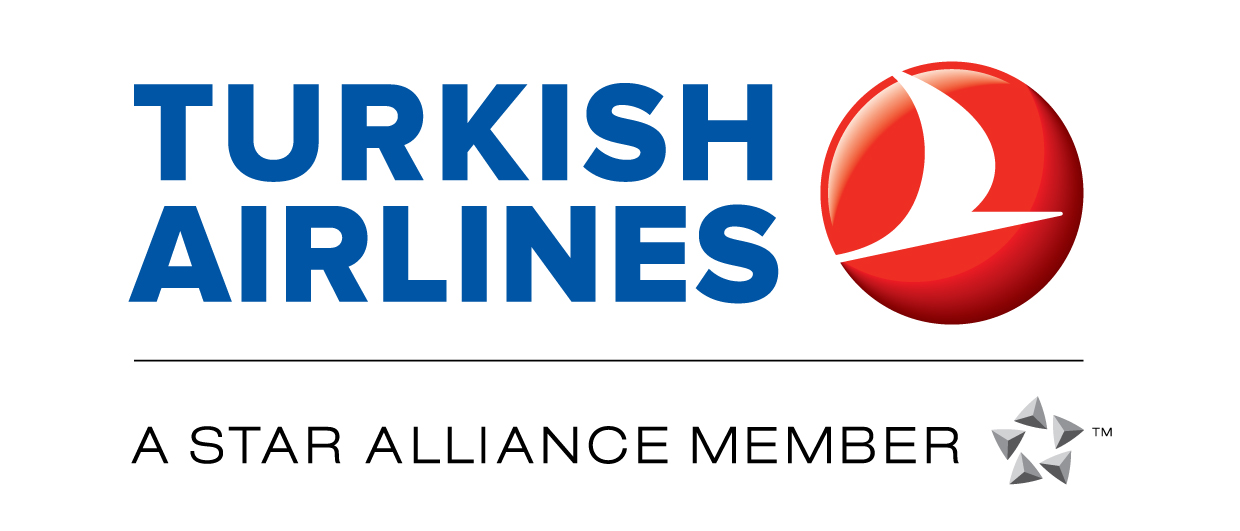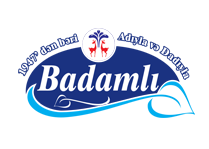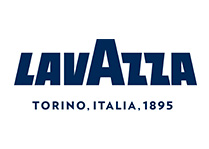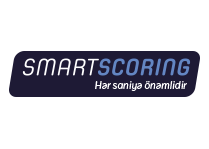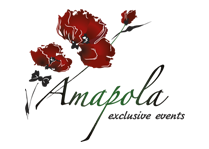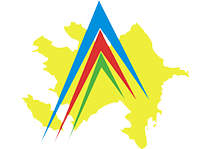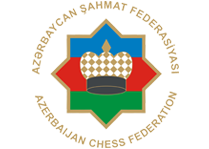The top seeds at the Olympiad
Russia
Players: Vladimir Kramnik, Sergey Karjakin, Alexander Grischuk, Evgeny Tomashevsky, Ian Nepomniachtchi
Russia, carrying over the tradition of the dominant USSR team, won the gold medal in its first appearance in an Olympiad, in Manila 1992. They proceeded to win five more golds, the last one in Bled 2002, but have been unable to conquer the summit ever since, despite their consistent seeding as number 1 in every Olympiad; instead, they had to console themselves with three silver medals, in 2004, 2010 and 2012. As consolation, they did succeed in winning several medals in European Team Championships, including the golds in 2003, 2007 and 2015.
As it turns out, being the highest-rated team does not automatically win you medals; this is something the Russian team, headed by captain Andrei Filatov (the president of the Russian Chess Federation and FIDE Vice President) and former World Champion Vladimir Kramnik will be looking to change in Baku. The Russian team is again strongest on paper (imagine, there was no place in the team for such strong grandmasters as Peter Svidler or European Champion Ernesto Inarkiev) and the logical favourites, but this remains to be proven over the board. Of particular interest will be the performance of Sergey Karjakin, the challenger of Magnus Carlsen in the upcoming World Championship match; should he be able to focus on his team duties, his contribution could well prove decisive.
USA
Players: Fabiano Caruana, Hikaru Nakamura, Wesley So, Ray Robson, Sam Shankland
The United States enter this Olympiad as a very hot favourite for the gold medals, a feat they haven't achieved since Haifa 1976. Several bronze medals, most recently in 2006 and 2008, and a silver in Elista 1998 have been their main achievements in recent times. They are coming to Baku off from a disappointing 14th place in Tromso 2014, but have every reason to be optimistic this year, as they boast three of the top seven players in the rating list: Fabiano Caruana, Hikaru Nakamura and Wesley So.
The US national team's great strength is indicative of the massive development and popularization of chess in the United States in recent years. This is evidenced also in the broad success of Americans in World Youth events, with many homegrown talents emerging and climbing up the rating lists; two of these players, Ray Robson and Sam Shankland, join the above-mentioned top grandmasters to form a very strong and ambitious team, fully capable of challenging for first place and beating anyone. Perennial captain John Donaldson, guided by decades of experience in this role, will surely be travelling to Baku with great anticipation.
China
Players: Wang Yue, Li Chao, Ding Liren, Yu Yangyi, Wei Yi
For several decades a dangerous but less challenging team, capable of positive results but hardly fighting for medals, China slowly but steadily established itself among the strongest teams in the world during the previous decade. This progress was confirmed by a silver medal in Turin 2006, as well as several high place finishes, and culminated in an unexpected but no longer surprising gold medal in the previous Olympiad, Tromso 2014, which the Chinese team won convincingly. The title-holders come to Baku with clear intentions of defending their status and appear fully capable of doing so.
After several years in the shadow of their hugely successful female colleagues, the Chinese men have finally managed to establish themselves as a superpower; no less a player than Wang Hao, one of their superstars, was not rated high enough to be a member of the team, although he is over 2700! Instead, China fields almost the same team that won the golds in Tromso, including supersolid Wang Yue, their top player Ding Liren and their greatest talent, Wei Yi, with the only change being Li Chao (rated 2753) replacing Ni Hua. Just like the USA, they also have a very experienced captain in GM Xu Jun. If they can replicate their solid and determined performance from Tromso, they could well be on their way to start a dynasty.
Azerbaijan
Players: Shakhriyar Mamedyarov, Teimour Radjabov, Eltaj Safarli, Rauf Mamedov, Arkadij Naiditsch.
The home team enters the Baku Olympiad as one of the hot favourites and is definitely harbouring ambitions of not allowing the gold medals to travel outside of Azerbajan. Despite only moderate success in previous Olympiads, the Azeri grandmasters have proven their worth and strong team spirit more than once, winning the European Team Championship twice, in 2009 and 2013, as well as numerous club events representing the SOCAR team. Their constant rise became evident in Tromso 2014, where they tied for second place - though tie-break criteria left them fifth. With a bunch of very strong players and good coaching support, the local fans will certainly have a lot to dream about.
Shakhriyar Mamedyarov and Teimour Radjabov, two very successful top players, will be leading the team with their status and experience. They will be complemented by the upcoming European Blitz Champion Rauf Mamedov and the reigning Azerbaijani champion Eltaj Safarli, as well as Arkadij Naiditsch, a former top German player and leader of the German team that surprisingly won the gold medals in the 2011 European Team Championship (in-between the two wins of Azerbaijan) and who, since last year, calls Azerbaijan home and represents the home country; this will be his first Olympiad for his new homeland. While not the strongest team on paper, Azerbaijan is clearly capable of conquering the heights of the Olympiad, especially with the support of the home fans!
Ukraine
Players: Pavel Eljanov, Ruslan Ponomariov, Yury Kryvoruchko, Anton Korobov, Andrei Volokitin
The Ukrainian team appears in Baku without its eternal leader, Vassily Ivanchuk, one of the very top players of recent decades and the driving force behind their two grand Olympiad victories, in Calvia 2004 and Khanty-Mansyisk 2010, as well as their other numerous successes, such as the silver medals in Yerevan 1996 and bronze in 1998, 2000 and 2012. Still, this will not be the first time they join the fight for success as underdogs; several of their previous successes were achieved from the same status, which only goes to prove their strong fighting spirit.
While Ivanchuk may be absent, all other top Ukrainian grandmasters are present in Baku; first and foremost, former FIDE World Champion Ruslan Ponomariov and Pavel Eljanov. Alongside them one can find the very talented Kryvoruchko, Korobov and Volokitin, all of them players who have consistently shown their ability to outdo themselves and achieve success. Ukraine almost always finishes near the top in the Olympiads, no matter what their line-up, so it would be foolhardy to write them off; others did so in the past, at their peril!








